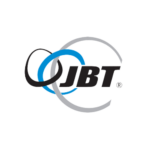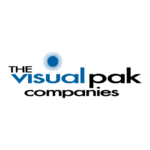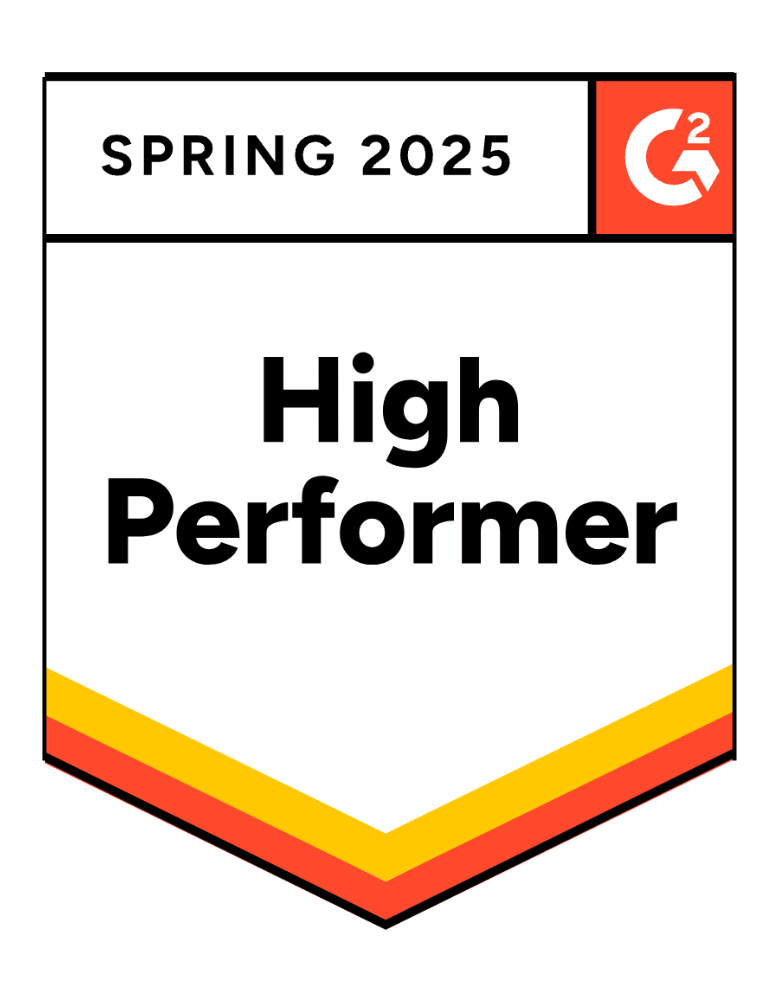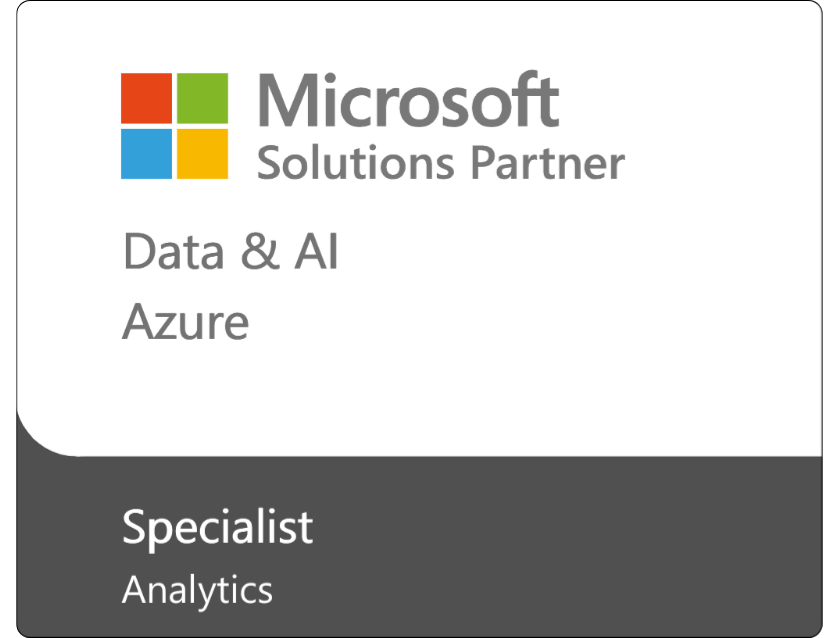The role of the Chief Finance Officer (CFO) is undergoing radical changes. Economic uncertainty, pressure to optimize performance, competing for financial needs, and increased demand to provide strategic leadership are reshaping the critical and constantly evolving role of the CFO.
Finance leaders indicate that there are new demands on the CFO’s timeline, such as digitalizing critical business operations that include traditional finance duties. It’s not about profit and loss, budgetary control, or expense management anymore.
Today’s dynamic business world demands CFOs to fulfill a much different role—one that is strategic, forward-looking, data-driven, and creative. The modern CFO is unlocking the power of big data to support the organization’s long-term vision and strategy. Here’s how…
What Does a High-Performing CFO Do?
For decades, the primary role of a CFO was to provide budgetary and operational support as head accountant and bookkeeper. With the evolution of technology, rising globalization, and increasing economic uncertainty, the CFO position has evolved to accommodate advanced roles in company strategy and innovation.
The primary responsibility of the CFO is to oversee all the financial operations of an organization, including financial reporting, accounting, business control, tax, and treasury. To deliver on these roles, there are many skills, traits, and attributes that a successful CFO should possess.
The Collectiv team wanted to take a deeper dive into what separates high-performing CFOs from the rest. We enlisted support from several of our CFO clients to shed more light on these differences. Here are their insights.
1. Be a Problem Solver
A high-performing CFO is someone who embraces the plans of an organization, breaks them down into small actionable steps, and ensures completion. These problems may extend beyond the numbers or the financial aspect.
Being great at problem-solving is critical for every CFO because every organization requires an executive who can handle problems swiftly and competently, without making excuses. Once they solve a problem, they evaluate and analyze the real cause to ensure it doesn’t happen again.
2. Trend is Your Friend
The most effective CFOs use their expertise to help make the organization stronger and flexible in general. A good way to achieve this is through observing the performance trends—especially in spending—and providing a comprehensive forecast on the direction the business should take in the future to become more profitable.
Effective CFOs use all available planning and performance management processes to provide the right information that aligns with performance expectations. This includes annual budgeting, strategy development, investment planning, and resource allocation.
3. The Reason for the Budget
Having identified performance trends, the organization can identify what they need to improve in the future to remain in operation. This means it will be easier for the CFO to help in creating a budget to finance projects and manage them until they are completed.
The best way to prepare a budget is through a top-down, bottom-up, and middle-out strategy. Middle out is a combination of both top-down and bottom-up methods.
With top-down budgeting, a comprehensive budget is created to key accounts at the top-level then distributed to individual departments. In this case, there are certain markers (for instance on the number of people you can hire) that indicate a limit you cannot go beyond when preparing the budget.
For bottom-up budgeting, a detailed budget is prepared at the individual departments. The summarized budget details are reviewed at the higher-levels. The budget is either approved, revised, or sent back for modification before a final budget is created from these department creations.
Matt Mowrey of DAI began to visualize new budgeting capabilities and opportunities within Power BI after working through a Proof of Concept program with Collectiv. Now they have a more effective planning and financial reporting system.
4. Usability
Today’s CFO puts all data, information, and insights into action. The goal is to help the organization develop products that people will actually use by providing solutions that meet their needs.
CFOs leverage their abilities to go deeper into processes, drive efficiencies, and optimize the budget to successfully make the transition. To excel in this process, the modern CFO must move away from the financial view and embrace business insights.
5. Capacity, Capability, and Scalability
High-performing CFOs know their team’s strengths, weaknesses, and any areas that require improvement. Does the team have the right skills and expertise to see through any project completion? Do they have the capability to undertake complex tasks?
Once the CFO has this data, it becomes easier to manage the team. This may include increasing the number of employees, diversifying functions and responsibilities of the team—or a mixture of the two. By spreading responsibilities to a qualified team and harnessing their talents, the CFO will not only contribute to the success of the organization, but the team will no longer be reliant on them alone. This is a great way to scale and ensure business continuity.
Challenging Leadership Roles and Financial Data Mastery
Modern CFOs are expected to be change agents. They play diverse and challenging roles that require both leadership skills and financial data mastery.
Leader
As executives, CFOs are responsible for making sure the financial direction is in line with organizational objectives. They also take ownership of the success and failures of various business units.
With robotic process automation in accounting taking over the traditional number-crunching, there is no other option except to look for talent that easily adapts to rapid changes. Apart from analyzing financial datasets, the CFO also acts as a team leader and coach to other senior management team members. The CFO often makes the tough decisions that others don’t or can’t make.
Strategist
As an expert in the field, and someone who oversees the organization’s financial data systems and processes, the CFO is responsible for building long-term strategies to steer the company in the right direction.
Traditional methods define the CFO role as managing the financial function, reporting numbers, and acting on events as they unfold. In today’s ever-changing business environment, CFOs must be able to apply critical skills to perform predictive forecasting that propels the organization towards economic success.
Innovator
In the era of fast-paced technology, the duties of a CFO go beyond the numbers. They should have a clear picture of how to tackle changes in the operational framework. In other words, they should creatively integrate technology, artificial intelligence, and automation based on the team’s working process.
The CFO should embrace the product mindset where the product needs to be appealing, enjoyable to use, deliver the expected business results, and continually evolve. They are wise enough to know what will work and what won’t.
Controller
As technology gives way to more automation, there is a need for more streamlined processes that enhance operational efficiency. This includes understanding risk through a commercial and financial perspective—and knowing how to manage these risks as the business executes its strategies and objectives.
The latest technology allows for precise forecasts and rapid preparation of financial reports by financial controllers. This allows CFOs to project financial outcomes for the coming years and prepare for any possible shortcomings. With these forecasts, CFOs are able to take precautionary actions to deal with highs and lows, while keeping their team aligned toward the bigger organizational vision.
Maintaining a Data-Driven Culture and Reaching Objectives
Apart from being a leader, innovator, strategist, and controller, today’s CFO must do everything in their power to maintain a data-driven culture. CFOs must also be diligent about complying with ever-changing regulations and ensure better alignment with strategic business objectives.
Recalibrate the Self-Service Analytics Process
With the right team in place, it becomes easier to identify the most demanding business challenge where analytics can deliver the greatest win. The next step is to empower users with reporting and analysis tools such as Microsoft Power BI that meet their needs.
Financial leaders might require that enterprise-wide data insights are shown in an interactive CFO dashboard. Having data at a glance allows CFOs to identify major business trends, drill down into the details, and make the best final decisions for the enterprise.
Creating an executive CFO dashboard with a self-service Power BI can help pull data together to allow for detailed analysis and quick reporting. Such a platform supports self-service access to data for different users, which includes access to finance-governed data directly through excel or a reporting tool.
This automated reporting improves efficiency and data-driven decisions, with the help of a self-service BI financial control panel.
Understand Data Governance Analytics
Organizations are collecting more data than ever before from their supply chains, operations, employees, production processes, and customer interactions. Data alone is not valuable until it is translated into actionable insights that are then used to resolve inefficiencies and accelerate business growth.
Many enterprises struggle to integrate financial data analysis and operation data plans, which hinders decision-making and prevents leaders from working together. CFOs and financial experts must find ways to break this trend and create an integrated and unified environment for the business in a way they can understand.
One way to do this is to embrace finance-governed analytics—an approach that combines operational, transactional, and financial data systems to help CFOs make the right decisions while relying on secure, up-to-date, and accurate information.
The role of the CFO is not only about numbers. It’s about possessing core financial data skills as well as the highest level of operation experience, people management, and strategic expertise. CFOs are bound to face a lot of challenges down the road, but taking the right approach will mean the difference between growth and stagnation.
Are you a CFO that needs guidance with your financial planning and analytics systems and processes?





























